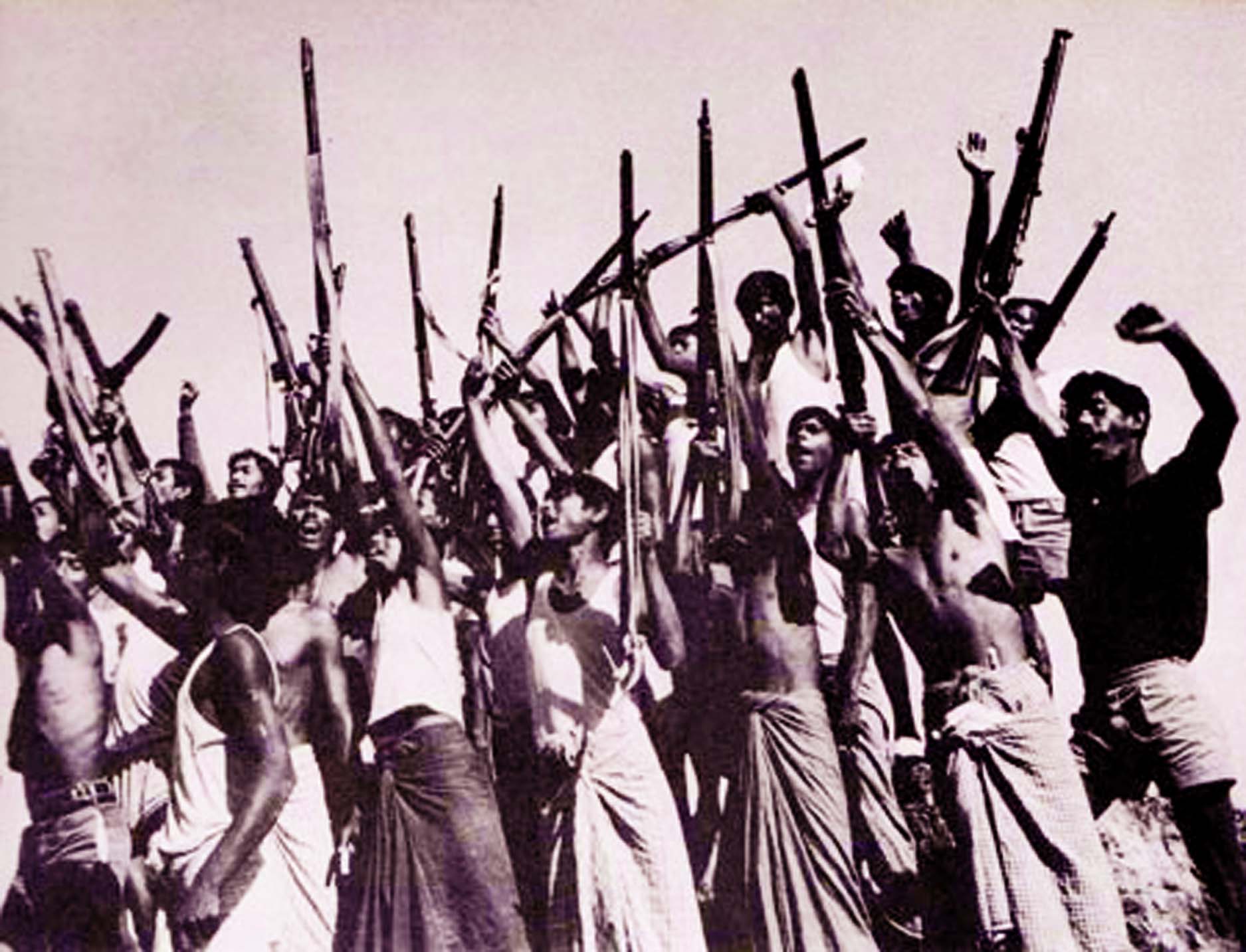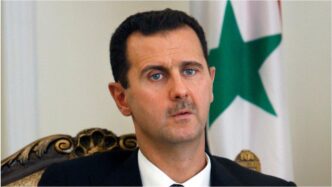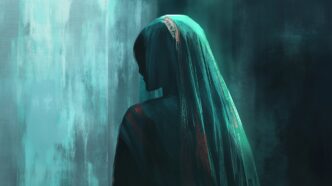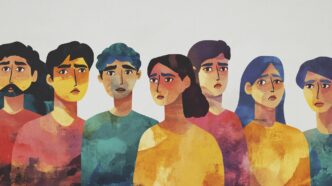I remember I was in fourth grade. Our Bangla teacher threw a question on the house –
‘What led to the liberation war in 1971?’
All of us spiraled into a discussion, concluding that the war ensued due to the demand to make Bangla the state language which eventually broke into a fight. To our joy (and the probable horror of most Bengalis), this answer was accepted by the teacher and the students in the class. However, it was a question that never quite had a well-rounded answer for me.
Cut to eight years later, I have been shocked in realization of the imprecision in my understanding of the root cause of the liberation war, in actuality, a nine month long sacrifice made so we, Bengalis, could have our independence and identity as a nation.
While the tension between the two parts of Pakistan began with the march to make the state language Bangla, it can never be sealed as the event that led to the armed struggle. Only in 1956 was Bangla accepted as the state language in addition to Urdu after a long drawn protest that began in 1952. There, done and dusted!
The war of liberation on the other hand, was a culmination of a series of events. There was already unrest between the two wings of Pakistan beginning from 1947, but everything essentially spiralled out of control with the general elections held in 1970, a pivotal event that had made Bangabandhu Sheikh Mujibur Rahman the chief of the Awami League.
In simple words, Sheikh Mujib won the majority votes in the Pakistan National Parliamentary Elections, claiming 167 seats out of 169. Yet, the ruling party of West Pakistan refused to hand over his due title in the Assembly. He then refused to accommodate to the West’s pressure to hand over his rightful power over to them. As talks between the two elected representatives went on, the troops from the West began to sweep into the East clearly paying no regard to the fair settlement of power. No sooner than the talks failed had the Pakistani army unleashed a genocidal attack on unarmed and innocent civilians on the 25th March,1971. The rest is history.
To start off, the proper facts of history should be laid out to children from a young age to instill compassion and understanding of how our society and nation came to be . The nine-month long war holds few ideals for the children to carry with themselves for years to come as a citizen of this country.It includes, among many, a fight against unjust settlement of power, sexual violence, religious intolerance and racial discrimination. Additionally, the facts should be known by all and there is no shame in learning extensively at any age. Given the well grown adults I have turned to, for the right information drilled the wrong ideas into my head, it is important to say that this message applies to all ages.
Secondly, the history of our nation cannot be heralded as ‘a study of the past’ with the pressing demands in the present. The past causes present, and the present forms the future. Take the ongoing pandemic at hand, scientists are scrambling for the evidence as to how matters were dealt with during the 1918 influenza, which is of a similar pattern to the current pandemic. Although relatively short lived, it had a permanent effect on the atoms of the human society. Those who were affected by the influenza had their lives changed forever socially and economically. However mobile and connected our society may now be, the pandemic in 2020 has been much more severe in its reach and virulence than that of 1918, despite the improvements in healthcare in the last 100 years. Understanding pandemics from the past can still mitigate its severity but this could have been done at the early stages or before it hit the entire world.
Finally, the accuracy surrounding the historical facts should be discussed within families from an absolutely non-partisan standpoint. It would mold generations to come and that has been, to take pride in their identity, nation and language. Our history provides us with a terrain of moral contemplation. Besides reading Western history, the historical events that led up to the independence of the nation allows one to test one’s moral sense, to hone it against some of the complexities humans faced in the difficult settings in the past.
The liberation war can impart a range of values to us, but it has to be complete in providing us with the accurate understanding of the ongoing role of historical inquiry in expanding our knowledge of the past. Implementing interactive classes and courses exclusive to comprehending our past across the English and Bangla medium institutions from an absolutely non- partisan perspective might enable people to reject inaccuracies found in various avenues. As such, more and more people can actually answer accurately a basic question as to what started off the liberation war in the first place.






